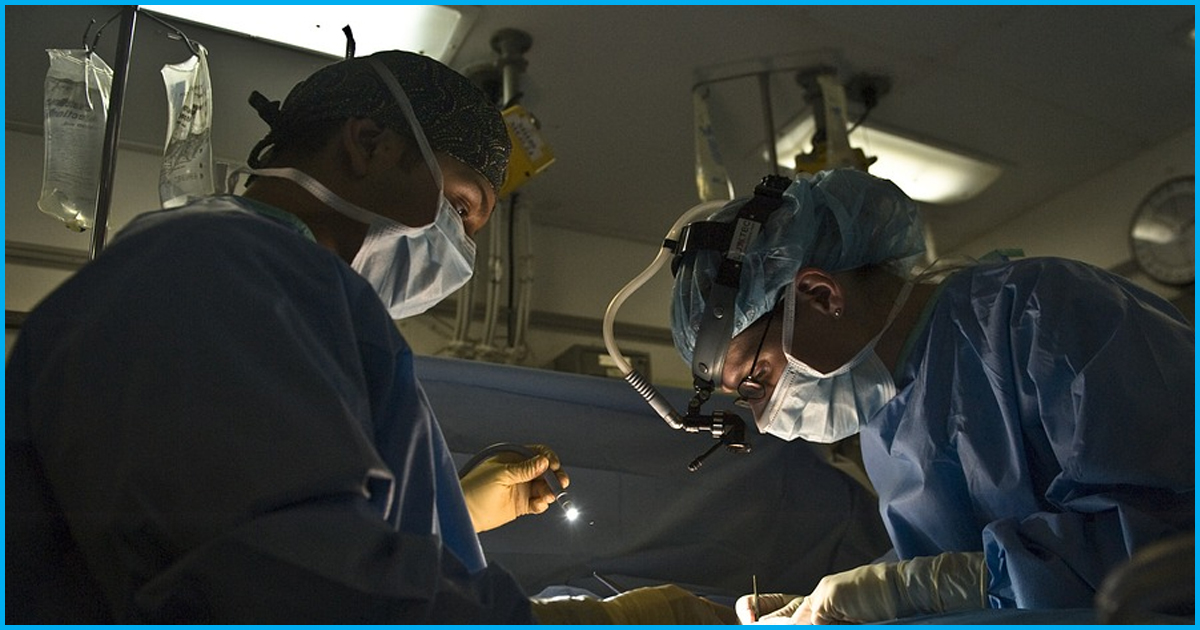Patients suffer excruciating pain, and some eventually prove to be fatal because of faulty medical devices implanted in them. The defective devices are the result of doggy systems maintained poorly without following proper regulations or lax rules and testing.
ICIJ reveals new report on implants
International Consortium of International Journalists (ICIJ) – the group which worked on the Paradise Papers and the Panama Papers leak released another investigative research titled ‘Implant Files’. It was published by 59 media houses inclusive of 252 journalists across 36 counties that had uncovered this problem in the $400 billion global implant industry, reported The Guardian.
The Indian Express from India was also a part of the investigation team. It included the findings on rules and regulations, corruption by the manufacturers in the implant industry and failure reports on defective implants.
The patients had to undergo severe pain either leading to injuries or follow-up operations or even death in worse case scenarios. Pacemakers, contraceptives, breast implants, artificial hips are among the most common faulty devices found in the investigation. In few cases, the implants had been allowed in the market without prior testing on patients.
A NEW GLOBAL INVESTIGATION: Health authorities have failed to protect millions worldwide from poorly tested implants that can sicken, maim and kill, the very people they were designed to help. https://t.co/I5DL5CI152 #ImplantFiles pic.twitter.com/CHvkYaq1ON
— ICIJ (@ICIJorg) November 25, 2018
Reported cases and risks
India has an estimated 70,000 hip replacement and 1.2 lakh knee replacement surgeries annually, and Dr Yadav in AIIMS Out Patient Department is one among the few in India solely responsible for revision surgeries. He said that AIIMS had conducted over 1500 operations out of which 20% were revision surgeries. The need for revision surgery is because of surgical errors, which has surged to 80% in recent times. When media asked about the reasons for the surge in flaws, he said that industry and market forces manufacturing poorly designed implant devices along with badly trained doctors and inadequate infrastructure of operation theatres would pose a threat, reported The Indian Express.
Companies including Johnson and Johnson, Abbott, Medtronic, Bayer and Stryker were inquired and examined for faulty implants.
According to The Guardian, during 2015 and 2018, the regulators have received 62,000 incident reports from the UK in which, one-third of incidents had reportedly had severe repercussions on the patients and 1,004 ended in tragic death. The Food and Drug Administration (FDA) in the US had collected 5.4 million incident reports for the past ten years and few from manufacturers across the world. It included 1.7 million incidents of injuries with 83000 death cases, and 500,000 cases were advised for explant.
Lack of regulations in industry
The significant reason behind this serious issue is that implant devices do not undergo clinical trials. Vaginal mesh and replacement hips are sold to surgeons and hospitals before trails. Manufacturers are aware of faulty pacemakers but still sell it to people.
Britain’s athletes were ruled out from competing for a few years due to some complications in the implanted hernia mesh. The regulators used for spinal disc replacement later migrate and disintegrate leaving patients to suffer from pain. Surgeons were found to admit the truth behind the risks of implants, and they were helpless to reveal due to poor central records. However, in Australia, patients are implanted with regulators that had been approved by the regulators similar to Europe. The results of the findings raise serious health concerns about the control of the regulators to detect poor devices. The other big concern is that many countries tend to wrap such issues of faulty devices, making it more difficult for patients and researchers to identify the qualified devices.
The Indian Express in another report stated that the Implant files are of particular importance as governments in many countries across Asia, Africa and South America do not regulate their medical devices and instead rely on European authorities or the FDA in the USA.
Prof Derek Alderson, president of Royal College of Surgeons, said that many incidents had been there regarding faulty devices, which highlights the need for change in the regulatory board including initiatives to introduce compulsory national registers for every manufactured implantable device. He also added that medical innovations are brought to market without medical trails unlike drugs, which would risk the safety of the public.
Industry Lobbying
Meanwhile, when media approached doctors, they revealed about flaws in the industry regulations that cannot be managed by rules. The investigation has also revealed that plans to bring up strict European Union rules and regulations have been thinned because of industry lobbying.
Lobbying is one form of advocacy in which a person interferes and influences the decisions made by the government officials.
Dagmar Roth-Behrendt, a German MEP, said that she had seen a massive sum of lobbying in past 25 years during her venture in the European parliament on market legislation for food and many other things like tobacco.
Poor regulations in India
Central Drugs Standard Control Organisation in India earlier identified only ten implant devices, but the number has expanded to 23 devices, which attributes to the lack of strict regulations in India.
The National Pharmaceutical Pricing Authority of India works to control and monitor the price of medical implant devices under which essential implants like cardiac stents, intra-uterine implants, drug-eluting stents have fixed prices reported Firstpost.
Medicines and Healthcare Products Regulatory Agency have records of complaints they received every half an hour in past three years on adverse incidents. The report had details of a wide range of products including knee replacements, catheters, bed, wheelchairs and hip replacements, which MHRA had passed to the manufacturers for further investigation on failure. But over time, the soaring complaints collapsed the inquiries. In 2018, there are records of 100 serious incidents that must be taken for investigation, which was in negligible number in 2008. MHRA group manager, Graeme Tunbridge said that the fall in the count of investigations had reflected the change in control of the board over the manufacturers.
As a result of the findings, Internation Medical Devices Database has been formed to provide unprecedented knowledge of implant devices for doctors, patients and the manufacturers. It would permit users to access safety measures, safety alert notices (available for 11 countries) and over 70,000 recalls. Any user can obtain information of the implant device by its name, country or by the manufacturer. ICIJ would further include other countries which are now available for only 11 countries.
Also Read: Johnson & Johnson Asked To Pay Rs 20 Lakh Each To Patients Affected By Faulty Hip Implants










